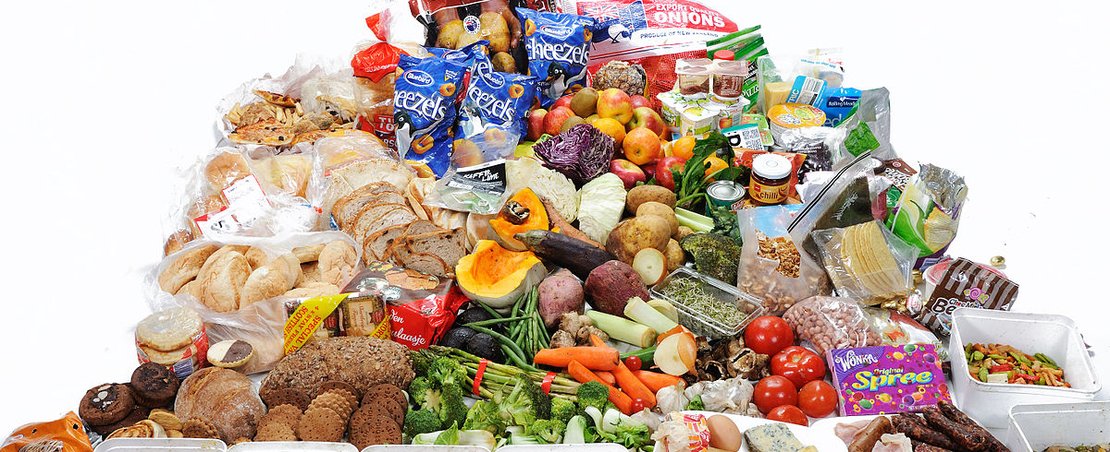
As part of our research into whether data trusts are a useful way of increasing access to data while retaining trust, we piloted three uses for them in the real world. Here is an overview of what happened when we applied the method to data about food waste
Over the course of three months, we explored whether a data trust model could support global food waste reduction efforts by improving the ability of stakeholders to track and measure food waste within supply chains.
In this pilot we joined forces with WRAP (Waste & Resources Action Programme) to explore data trusts – a legal structure that provides independent stewardship of data – in the context of business to business (or organisation to organisation) data sharing.
The main objectives for our research were to assess the current UK process used to track food waste in the supply chain, identify incentives and blockers for data sharing between the various stakeholders and, finally, to design and review replicable models for legal and governance structures which could be used internationally to measure food waste.
This report seeks to explore data trusts in relation to the ODI and the Office for AI’s work on data trusts.
ODI report: Exploring the potential of data trusts in reducing food waste
See also: